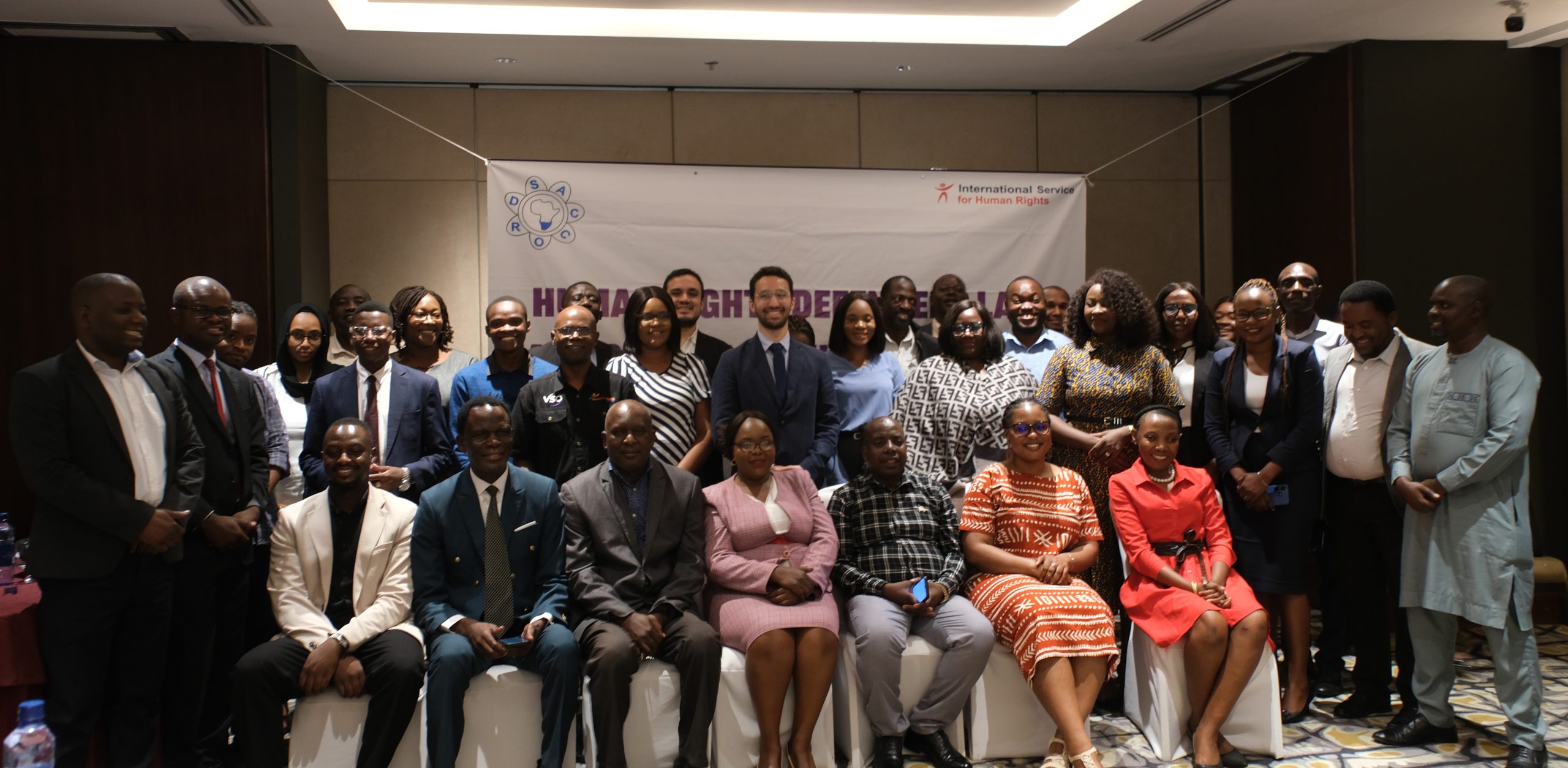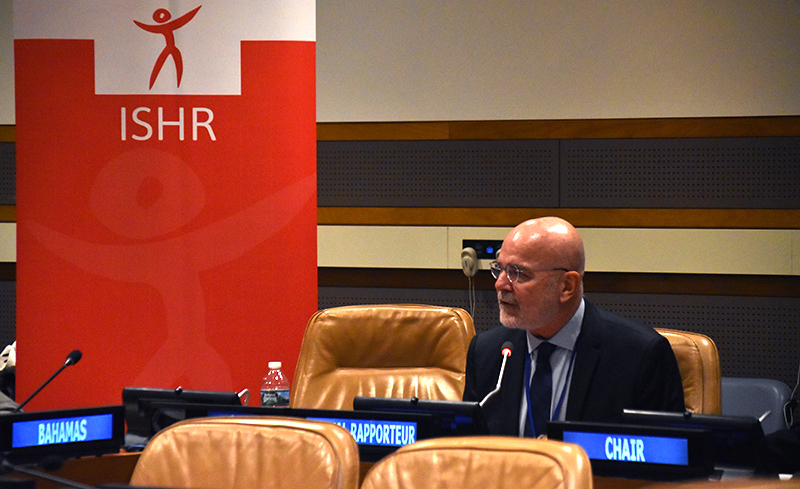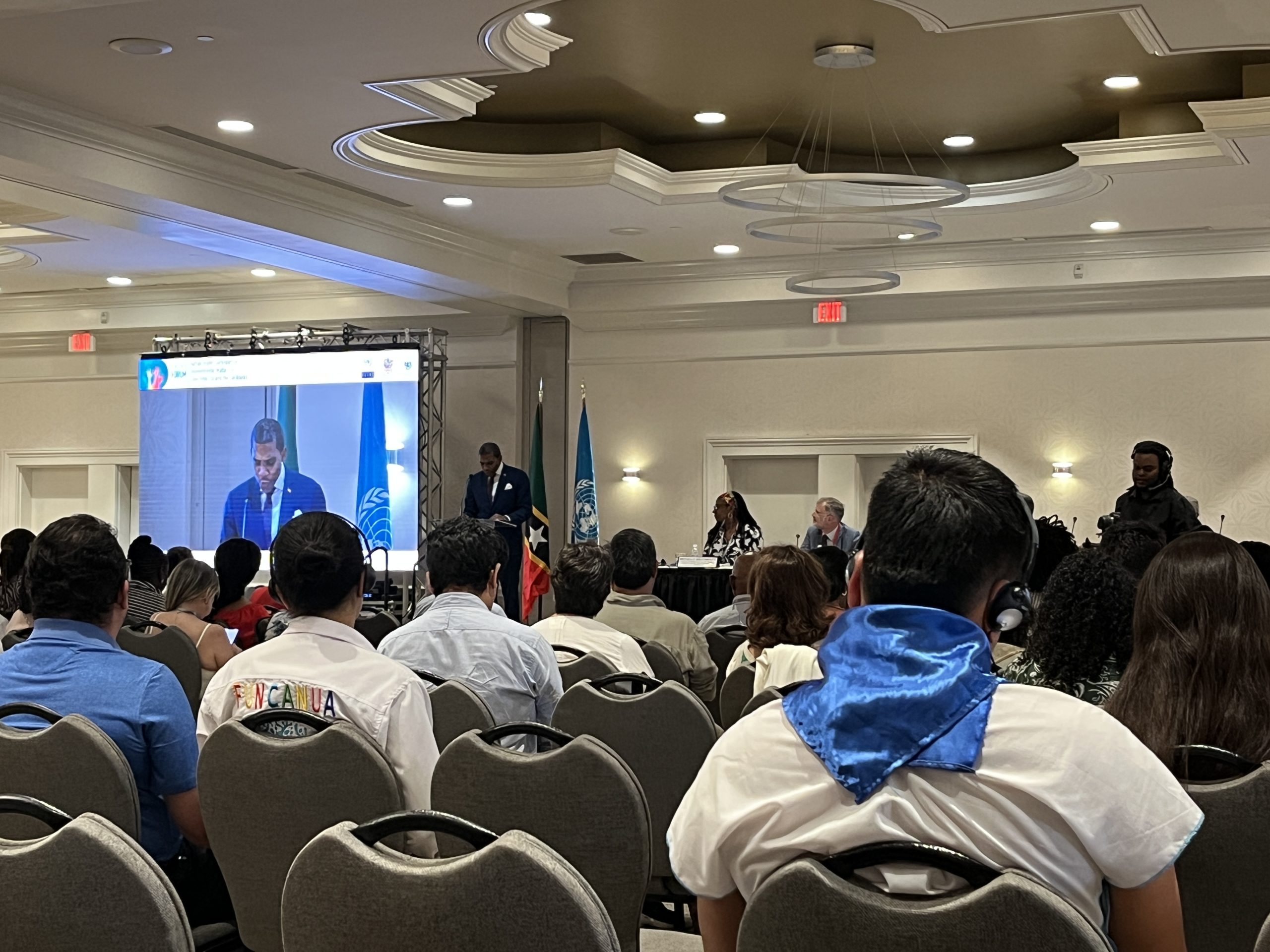Effective dialogue and exchange between State and civil society actors regarding the situation of human rights defenders are essential to strengthen mechanisms that protect them and promote their work. ISHR’s Third Committee side event ‘Protecting human rights defenders: Reflections on the 20th Anniversary of the Declaration’ aimed at encouraging just that. In the year of the 20th anniversary of the ‘Declaration on Human Rights Defenders,’ ISHR, in coordination with Amnesty International, hosted a panel on Tuesday, 23 October, cosponsored by the permanent missions of Norway and The Bahamas.
Featured on the panel were Michel Forst, UN Special Rapporteur on Human Rights Defenders; Julia Cruz, a lawyer from the NGO Conectas Human Rights, Brazil and Eleanor Openshaw, New York Director at ISHR.
Coming directly from presenting his annual report to the Third Committee, Forst spoke of the importance of the UN Declaration, which he calls ‘a manifesto for the human rights movement’. It speaks of the ‘central role of everyone within society in the realisation of human rights for all,’ Forst noted. The Special Rapporteur and other panel members addressed contextual questions on issues such as electoral violence, good practices in protection policies and legislation, and the implementation of the UN Declaration more broadly.
In a chilling account, Cruz detailed the situation of human rights defenders in Brazil, noting that more land and environmental defenders are killed in Brazil than in any other State. She said there is a clear lack of consistency in implementation at the State level when it comes to policies related to the protection of human rights defenders.
Asked from the floor how best to protect defenders in non-democratic countries, Forst noted that these were challenging contexts. Given that many UN independent experts are denied access to countries of concern, the Special Rapporteur noted that this can make monitoring more challenging but not impossible.
Eleanor Openshaw spoke of findings from recent research into the implementation of the UN Declaration on human rights defenders in Colombia and Tunisia. She noted that several local State officials had indicated how the crafting of recommendations and resolutions could help make their work easier.
‘We were told that when UN recommendations are very precise and timebound, this enabled the work of local officials. They also noted that acknowledgment of progress was a boost to those working to protect defenders within State structures,’ said Openshaw.
Photo: ISHR




